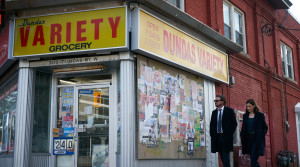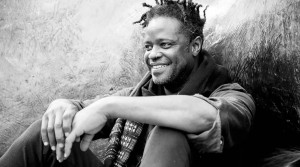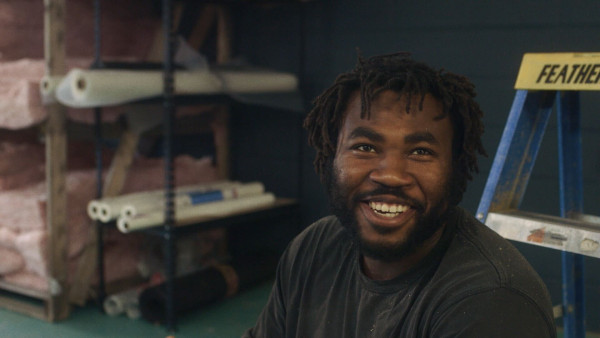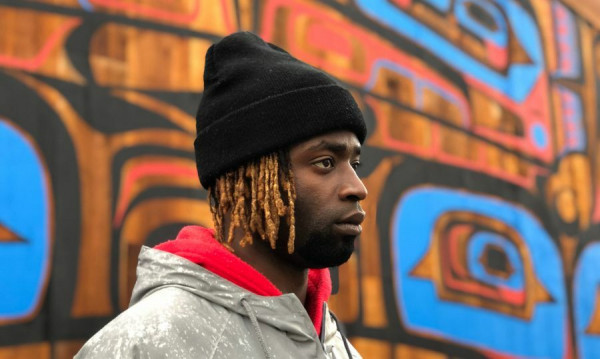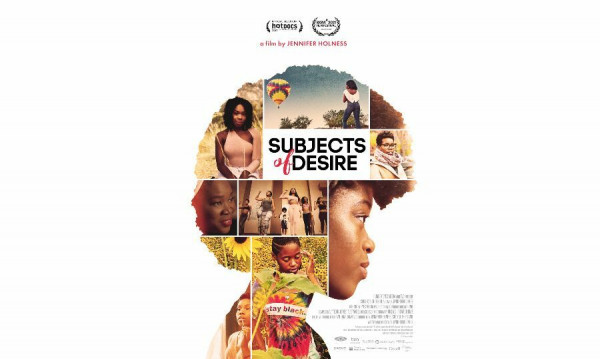However, that didn't stop her prominent rise to a storied career in Toronto's music scene. Then one day in 1971 she disappeared from the spotlight.
The documentary Any Other Way: The Jackie Shane Story focuses on her remarkable story. Co-directed by Michael Mabbott and Toronto's Lucah Rosenberg-Lee and executive produced by Elliot Page, it debuted at SXSW and also won the DGC Ontario Special Jury Prize at Hot Docs in Toronto.
Shane was a no-nonsense, straight-talking individual whose verve for life inspires us all. The documentary is particularly unique because it features Shane’s narrative, shared through telephone recordings a year before her death, with documentary writer and producer Mabbott.
Due to the lack of footage, the producers used animation to illustrate her glory days. Shane's decision to share her story was sparked by a 2017 retrospective box album that earned a Grammy nomination and thrust her back into the limelight for what might have been one of her last performances.
Shane's upbringing in Nashville, Tennessee, during the Jim Crow era adds a compelling layer to her story. Despite the racial segregation and discrimination in the city, her singing career began to flourish with the support of mentors like Little Richard. However, following the advice of fellow artist Joe Tex, she chose to move away from the anti-queer and racist environment of the town.
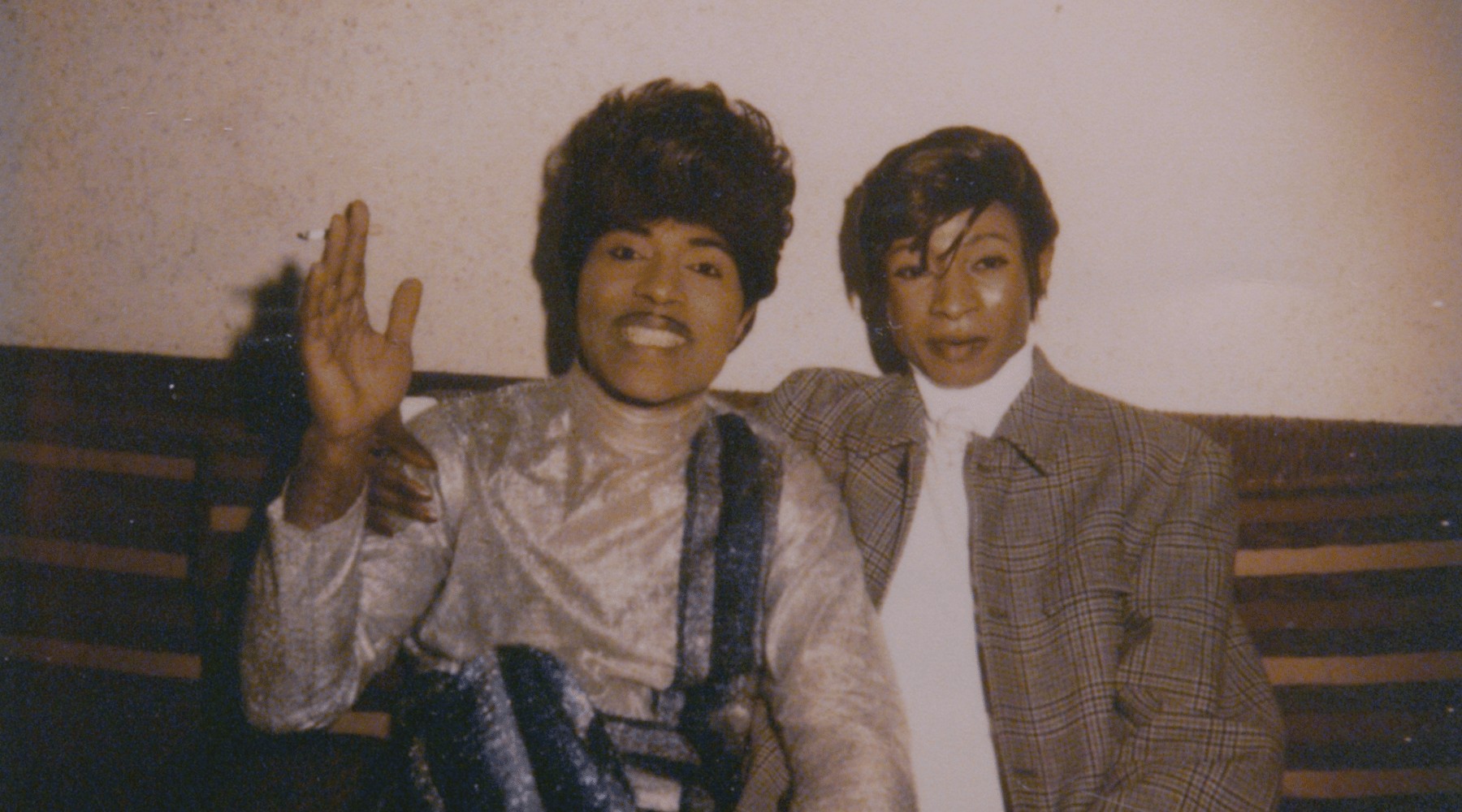
Left to right: Little Richard with Jackie in Nashville. Image courtesy of Banger Films and the NFB.
In 1950, Shane joined a travelling carnival and eventually arrived in Cornwall, Ontario. It was in Montreal in 1960 when her path collided with American R&B and jazz bandleader Frank Motley. He invited her to perform on stage, a defining moment that forever altered Shane's journey.
Toronto's magnetic appeal has enticed numerous prominent Black artists to either spend significant time or permanently settle in the city, including Rick James, Salome Bey, and Shane. Shane's choice to establish herself in Toronto proved to be highly beneficial. She joined the group Motley Crew as the lead singer, and in 1963, they released a rendition of William Bell's "Any Other Way."
Jackie Shane's music soared in the vibrant atmosphere of Toronto's nightlife, particularly through her frequent and fiery performances at the renowned Saphire on Yonge Street. One of her sets was recorded and released as a live album, "Jackie Shane Live," in 1967. Despite facing racism (CHUM declined to play her song), the track reached the number two spot on the Toronto singles charts and the 124th position on Billboard's Heatseeker chart.
As a transgender Black singer, Shane encountered nearly insurmountable obstacles both in her career and in her life. Over time, the demands of performing and touring became overwhelming
Shane had numerous opportunities, including appearances on American Bandstand and The Ed Sullivan Show. However, she turned them down due to either the stipulations they imposed or the racist rules. Faced with the industry's conditions, pretenses, and rigidity, Shane abruptly vanished from it all in 1971.
She moved to Los Angeles to care for her mother, where she lived in seclusion for four decades. By distancing herself from the bigotry and racism outside her home, she found solace and peace of mind. Living in privacy allowed her to live as her true self and embrace her own truth.
Mabbott initially interviewed Shane to support the documentary and planned to film their conversations. However, Shane passed away before filming could take place. It was disappointing not to see Shane in all her glory at the Grammy celebrations where she was nominated for Best Historical Album in 2019. Knowing her character, she would have undoubtedly been a showstopper, and we could have witnessed the next chapter of Jackie Shane's legacy from the front row.
{https://www.instagram.com/p/Ct1zafGg3D-/?utm_source=ig_web_copy_link&igsh=MzRlODBiNWFlZA== }
Shane was unapologetically herself, an innovator and pioneer who laid the foundation for R&B and the distinctive Toronto sound. She inadvertently became an icon for the transgender community. A Heritage Toronto plaque commemorates her on Richmond near Victoria Street.
Despite the highs and lows of her career, Shane's authenticity led her to triumph. Her niece and heir, Andrenee Majors-Douglas, reflected on Shane's belief in living true to oneself.
"Jackie was trying to be Jackie... In her own words, she felt that everyone should live, and live as they truly want to live," Majors-Douglas said, capturing the essence of this genuine and inspiring star.
The documentary Any Other Way: The Jackie Shane Story will be internationally distributed by the National Film Board (NFB), except in the U.S., where it will be handled by UTA.
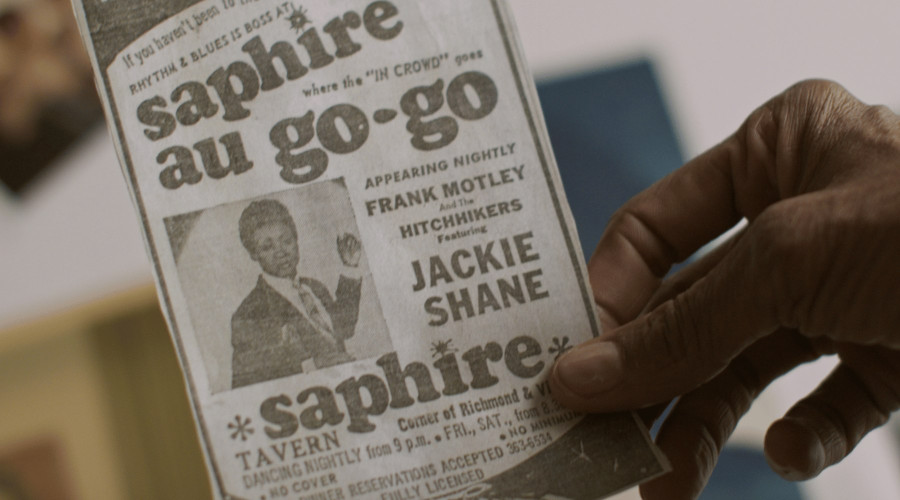
 By
By 




